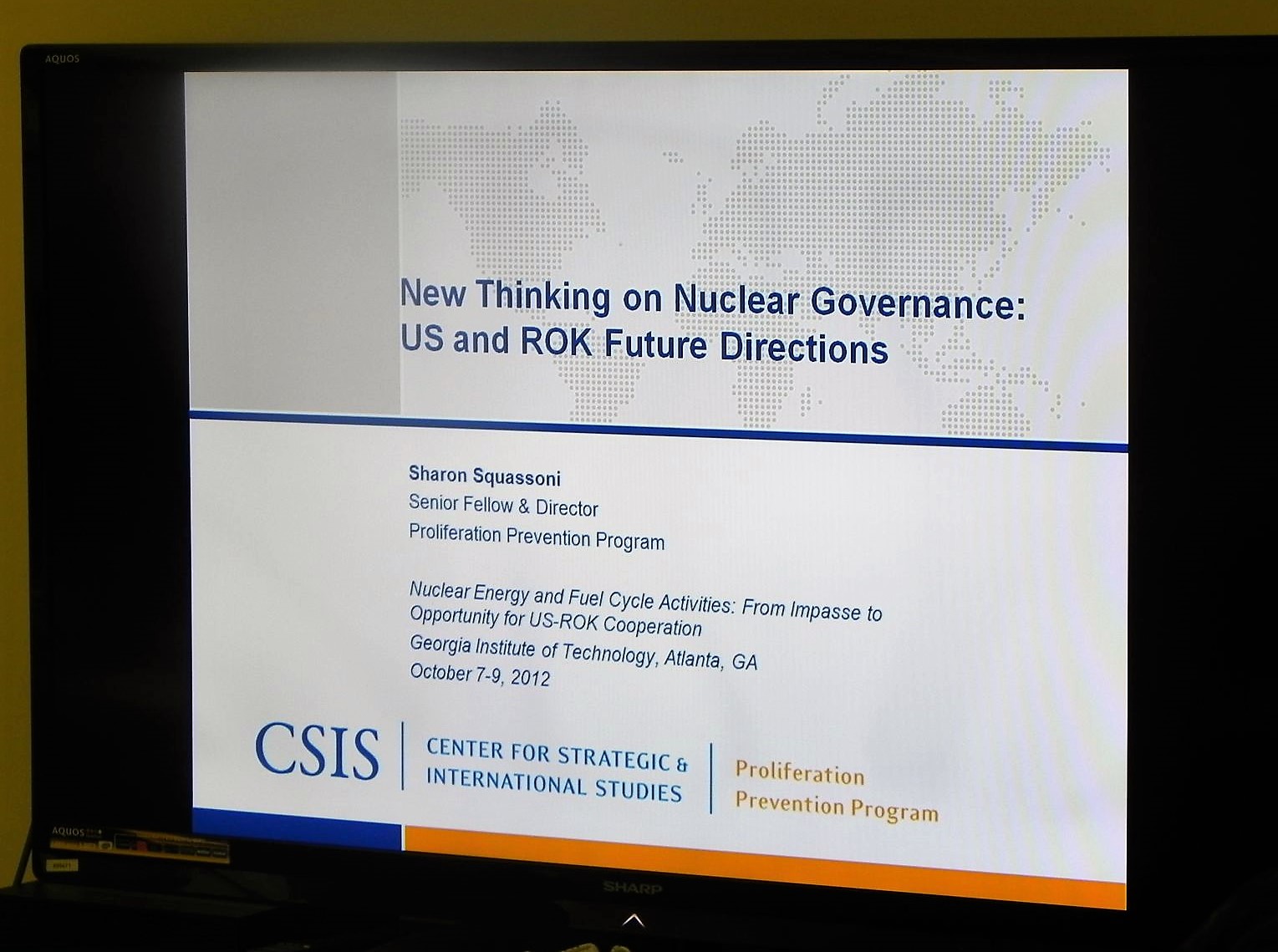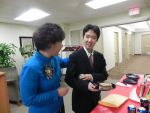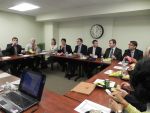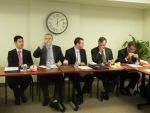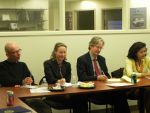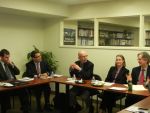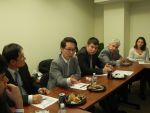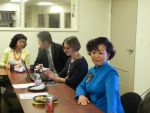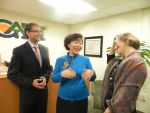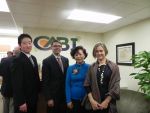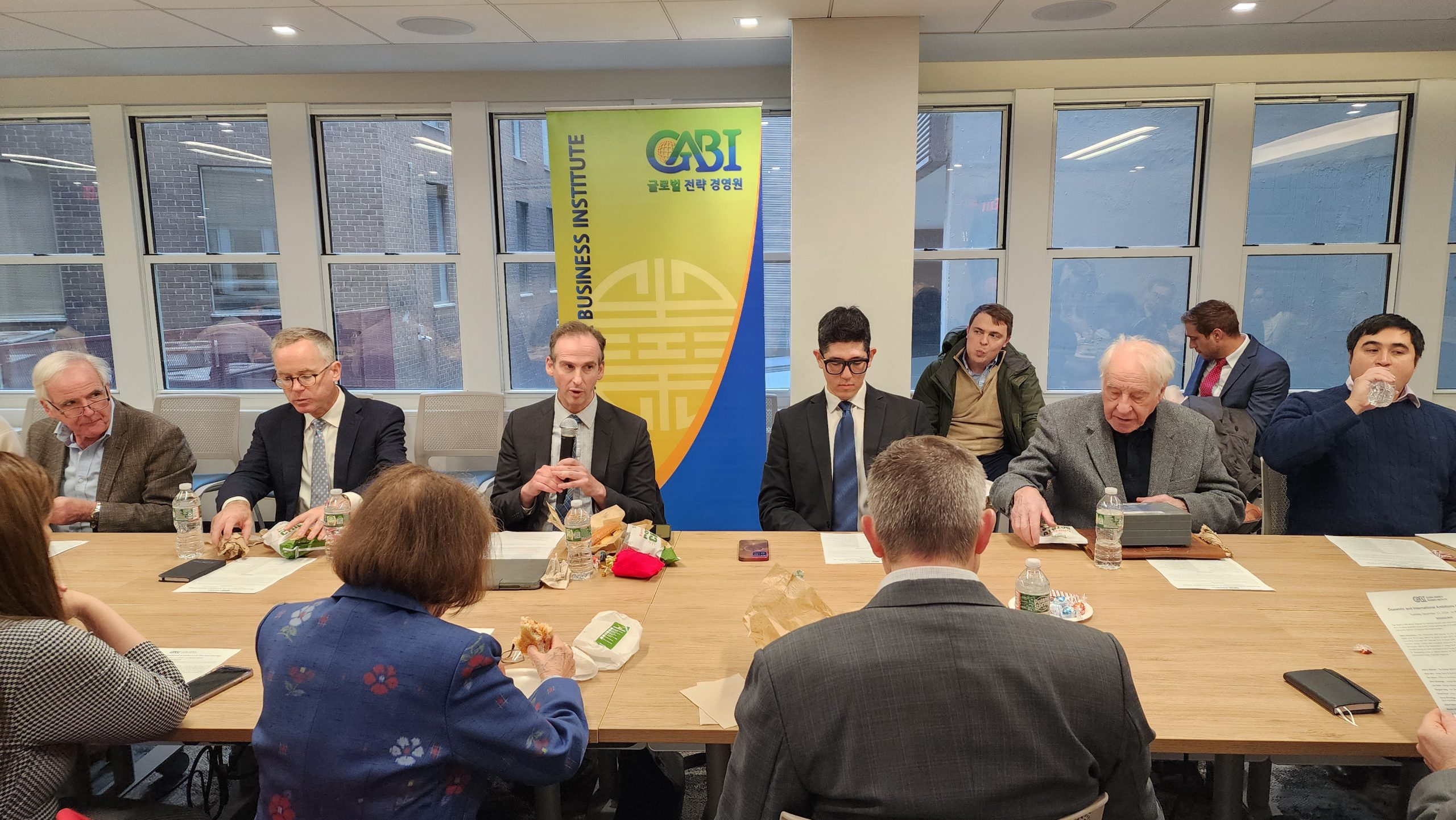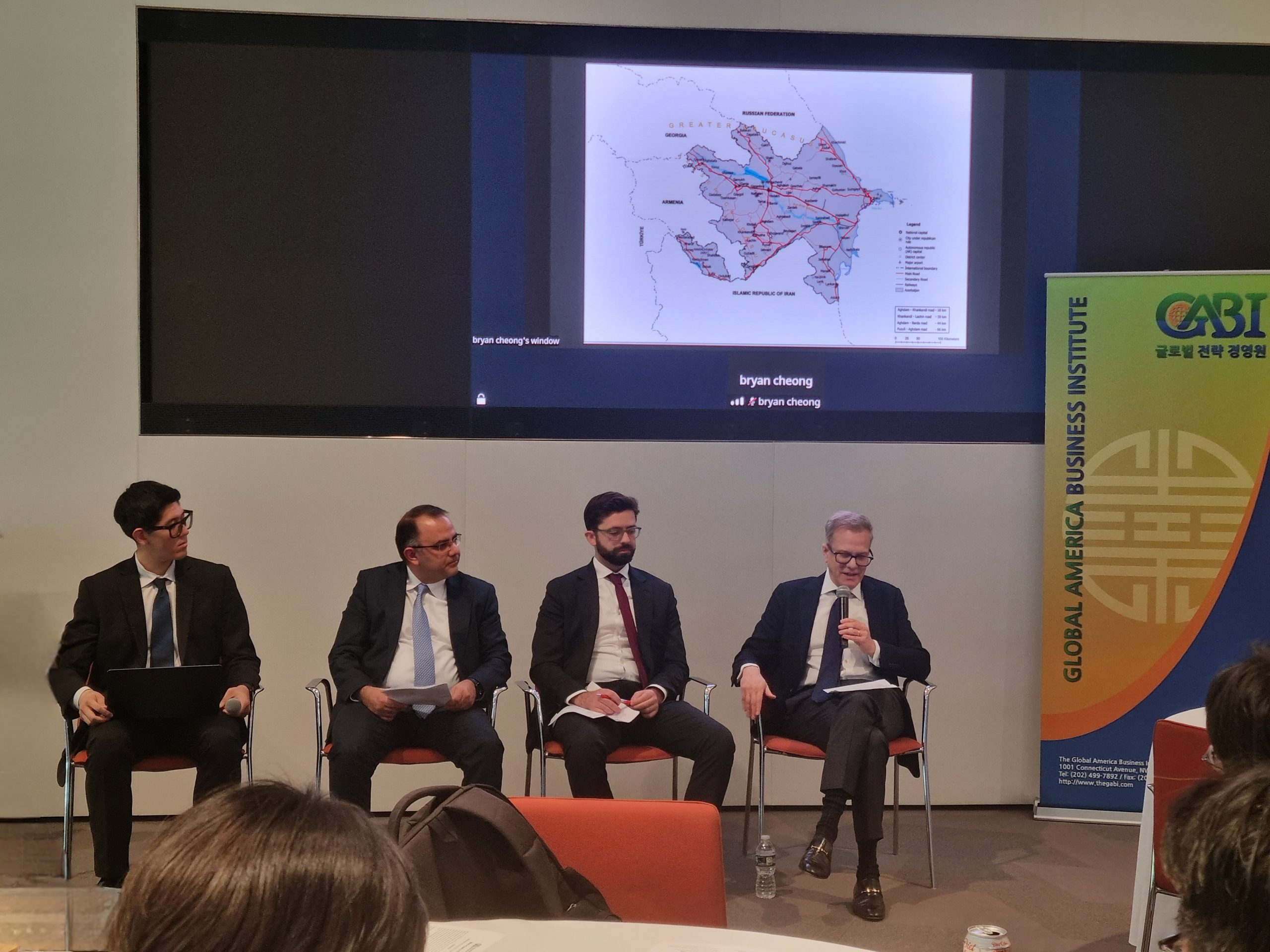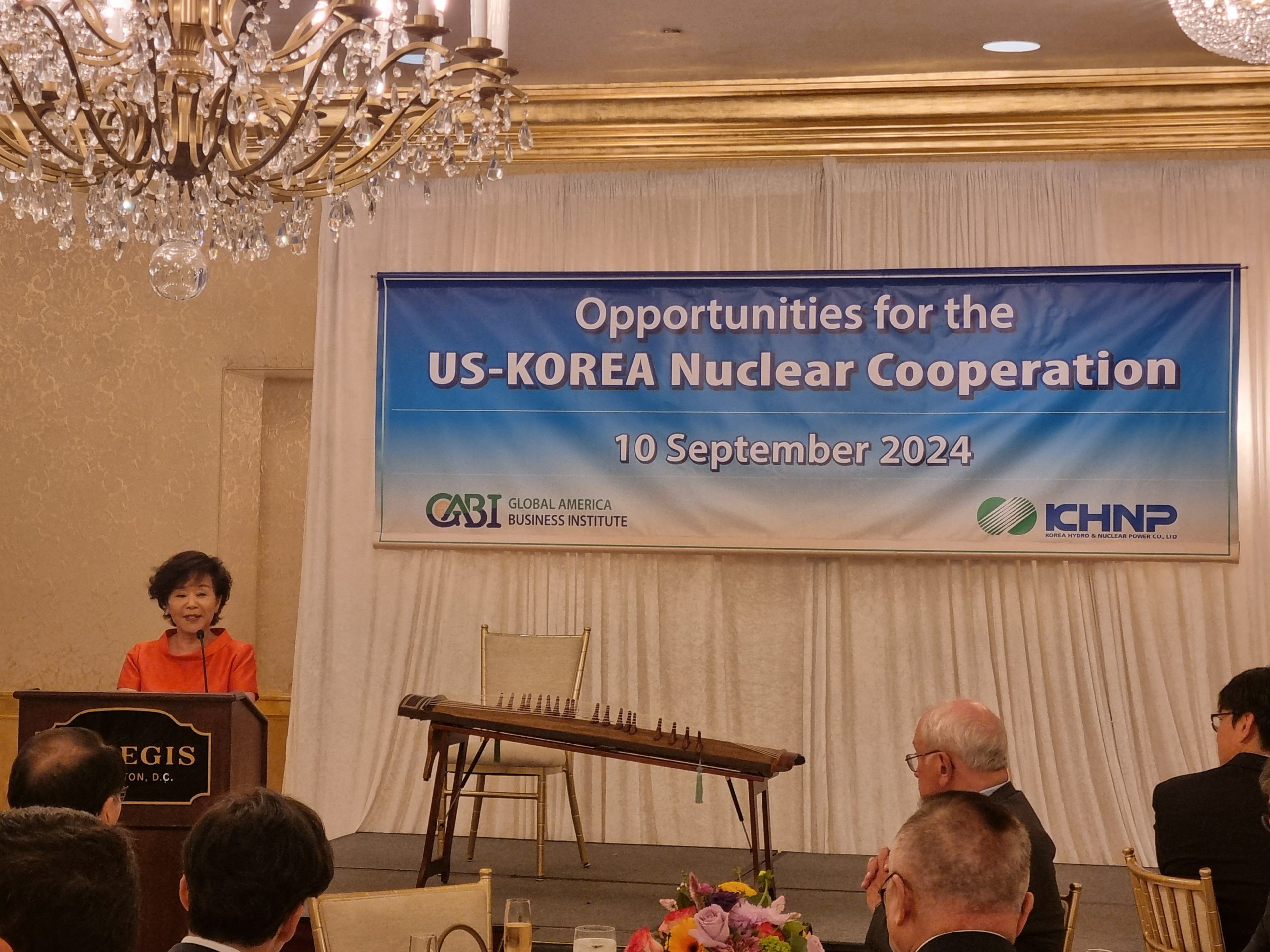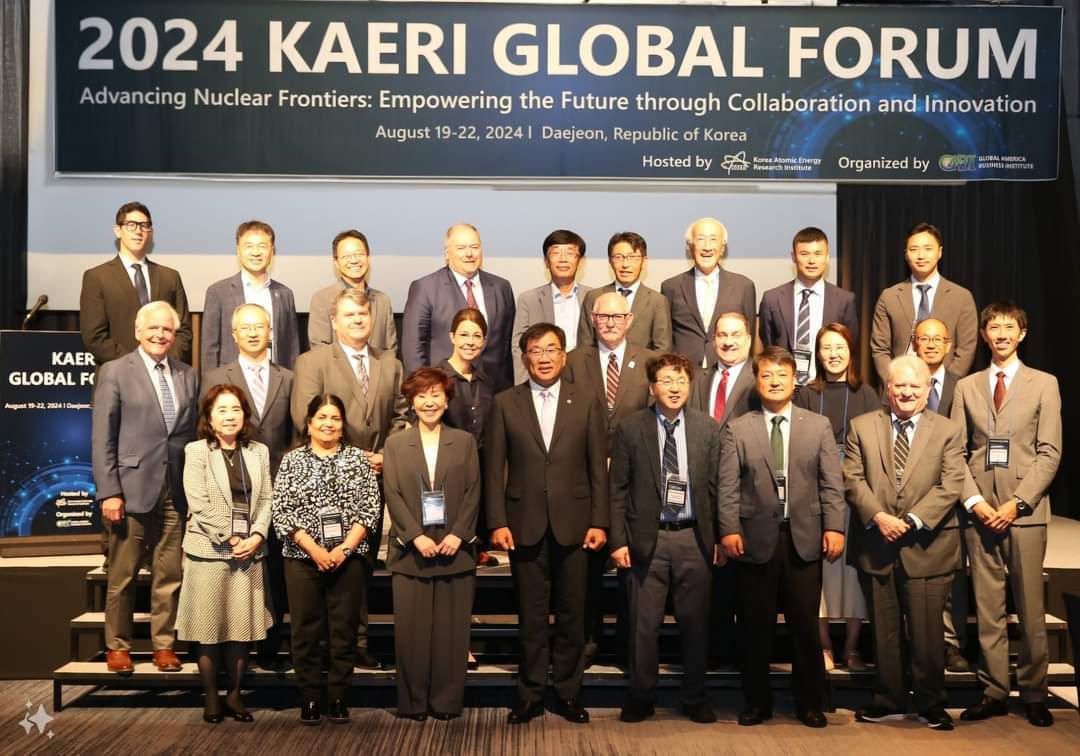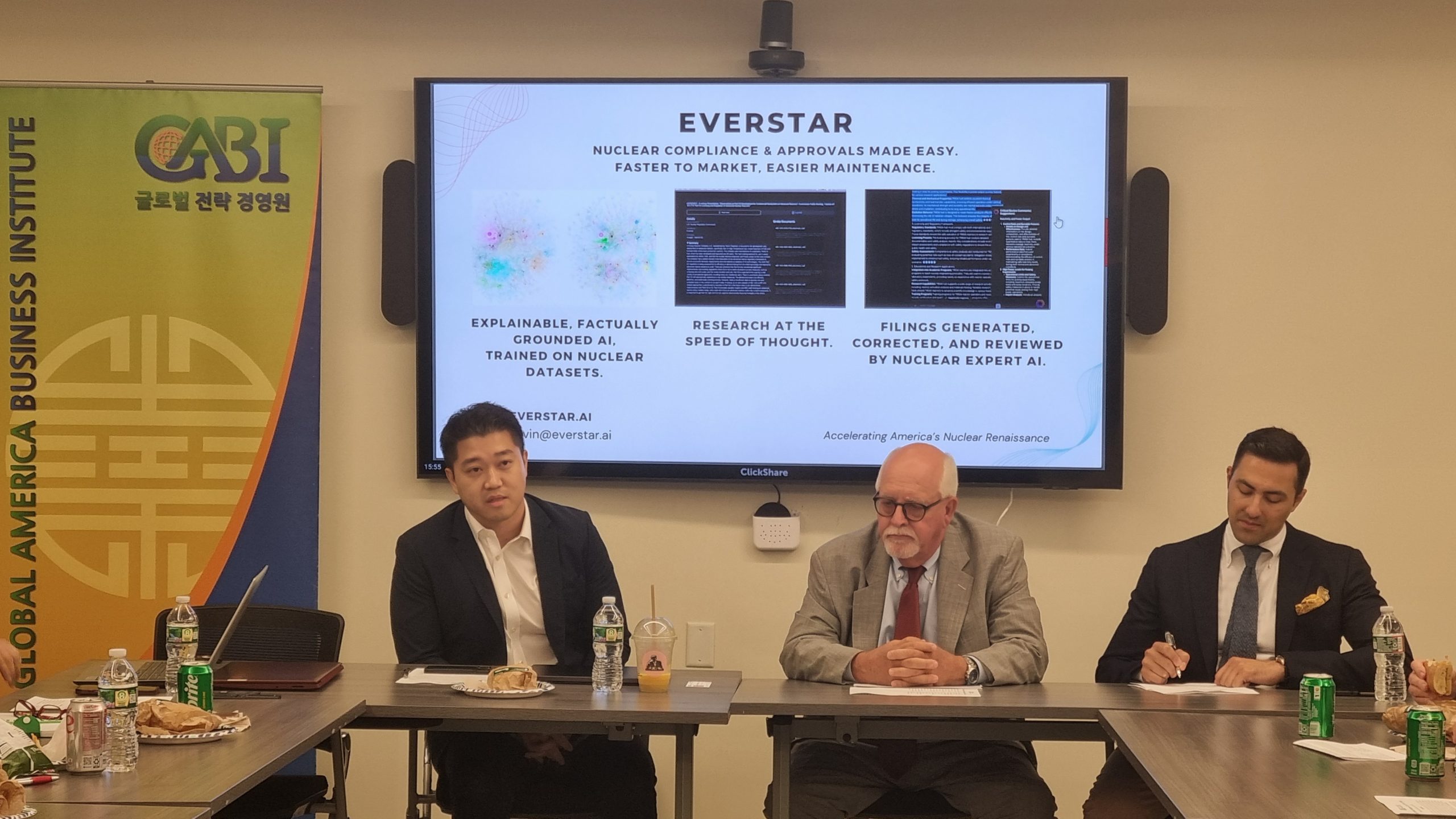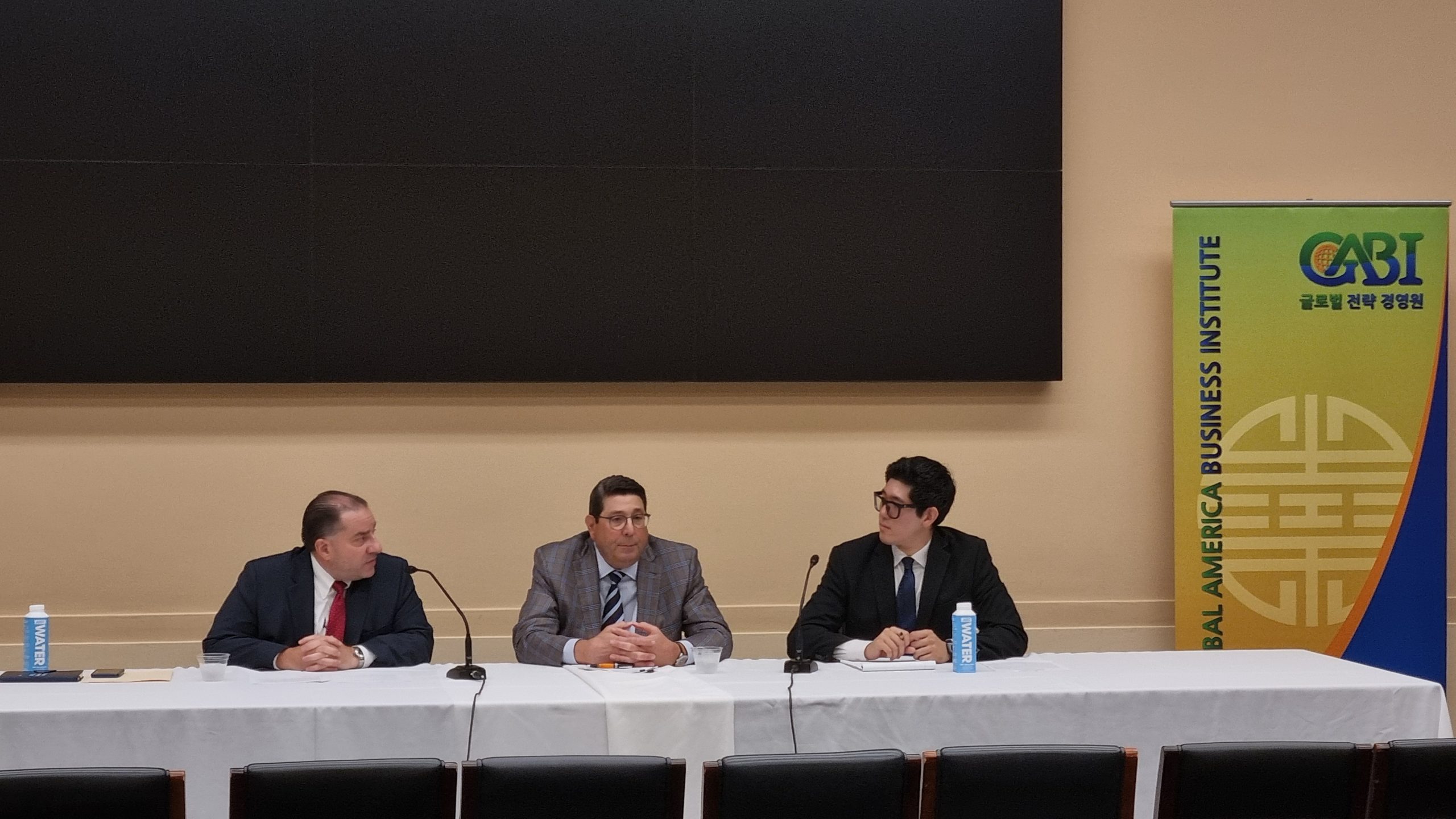The current deadlock between the US and South Korea over renegotiation of their 123 Civil Nuclear Cooperation Agreement lies in the thorny subject of enrichment and reprocessing (E&R)—while it is US policy to discourage transfer of E&R technologies to countries without established capabilities, the ROK is requesting advance consent to enrich and reprocess US-origin nuclear fuel. For the US, one of the main challenges in its negotiations with Korea is balancing its own nonproliferation, trade facilitation, and geostrategic objectives, and given difficulties in current US-ROK nuclear talks, there is considerable debate on whether 123 Agreements are the appropriate medium to address E&R issues. In order to break the stalemate, some have proposed reinventing the concept of nuclear governance—stretching the current paradigm, moving beyond bilateral to multilateral approaches, encouraging the involvement of the nuclear industry, taking a holistic view of the nuclear fuel cycle, and confronting difficult issues such as spent fuel waste and nuclear weapons. Examples of practical application of these ideas may include enhanced regional and multilateral cooperation, collective ownership and management of sensitive fuel cycle facilities, and the establishment of a nuclear-weapons-free zone in Northeast Asia. However, the pressing issue of spent fuel accumulation in South Korea and the tense political environment that exists in the region may present obstacles to the realization of such measures in the interim.
New Thinking on Nuclear Governance: US and ROK Future Directions
New Thinking on Nuclear Governance: US and ROK Future Directions
October 11, 2012
By admin|2018-01-30T11:16:46-05:00October 11th, 2012|Categories: Nuclear Energy, Nuclear Energy Workshops|0 Comments

